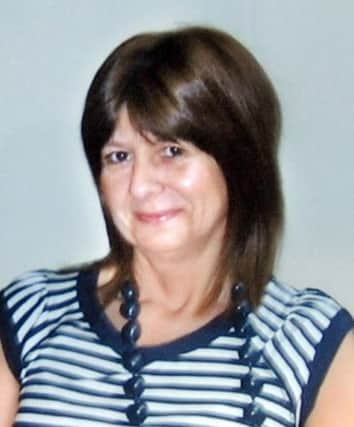Latest: McClenaghan made tearful phonecall to Lifeline


McClenaghan is accused of murdering his former partner Marion Millican in the launderette where she worked in March 2011.
The father of two, from Broad Street in Magherafelt, has already pleaded guilty to a charge of manslaughter. However, he has denied murdering Ms Millican, claiming he accidently shot her during a struggle for a shotgun, which he said he intended to use on himself in front of her.
Advertisement
Hide AdAdvertisement
Hide AdThe jury presiding over the murder trial heard that the Christmas before the mum of four was killed, McClenaghan made a tearful call to Lifeline - a crisis response helpline service for people in distress - when he told a member of staff that he was “full of remorse about how he had treated his girlfriend.”
Giving evidence, the Lifeline member of staff told his Antrim Crown Court trial in Belfast, that while she couldn’t remember the phonecall, she took notes at the time which recorded that McClenaghan had called around 4am and that he was sobbing during the call.
The Lifeline worker, who was shift leader when McClenaghan made the call, also detailed how McClenaghan reported having no festive food in the house but spoke of going to his parents house later that day for Christmas dinner.
The woman said she made a risk assessment of McClenaghan, as the organisation does with every caller, telling the jury, “I was happy enough that he was okay at the end of the call.”
Advertisement
Hide AdAdvertisement
Hide AdAt the conclusion of her evidence, Mr Justice Treacy told the court that both the prosecution and the defence had concluded their respectives cases and that they would not be hearing any more evidence.
He added that normally the jury would hear final submissions in the case, but that a number of legal matters needed to be resolved first.
“Normally the prosecution and defence would close the case to the jury and I would then sum up to them. But there are legal issues between both parties...and these issues are likely to take a little time,” said Mr Justice Treacy.
At hearing